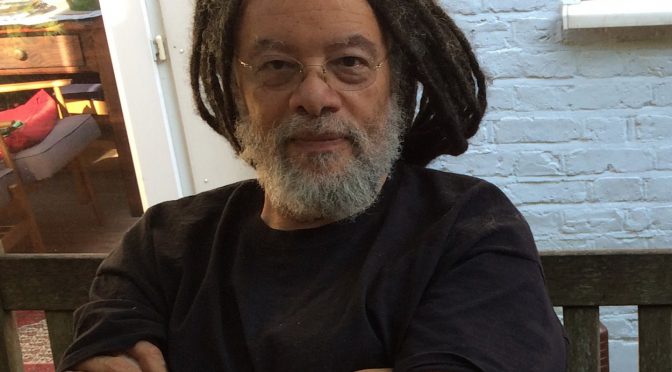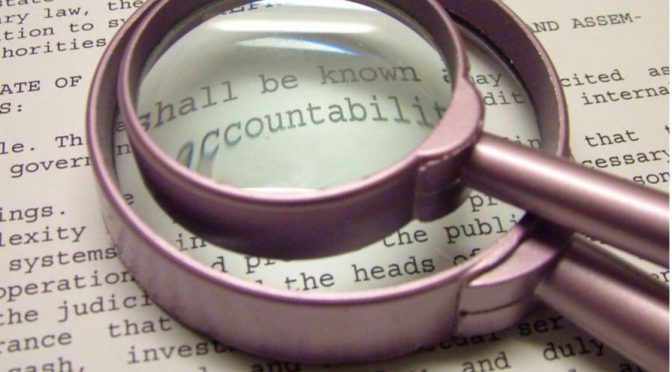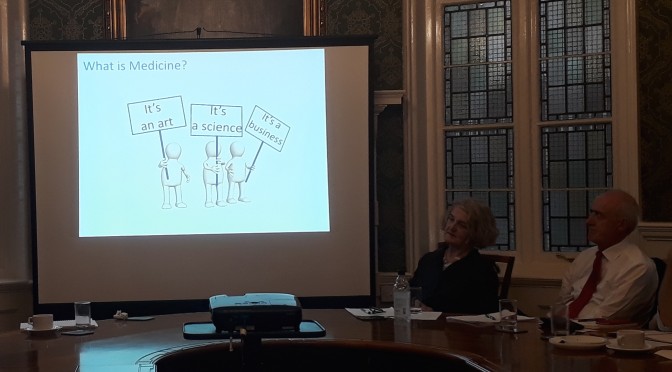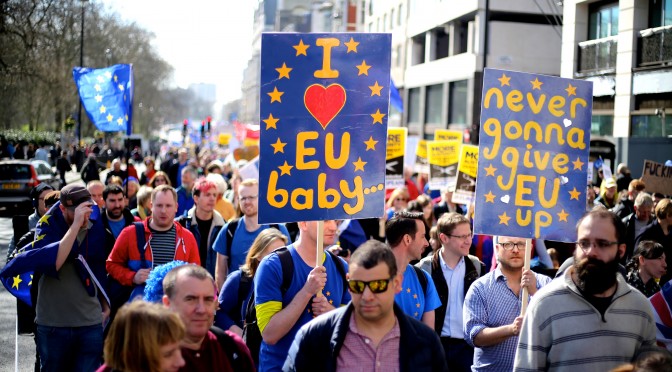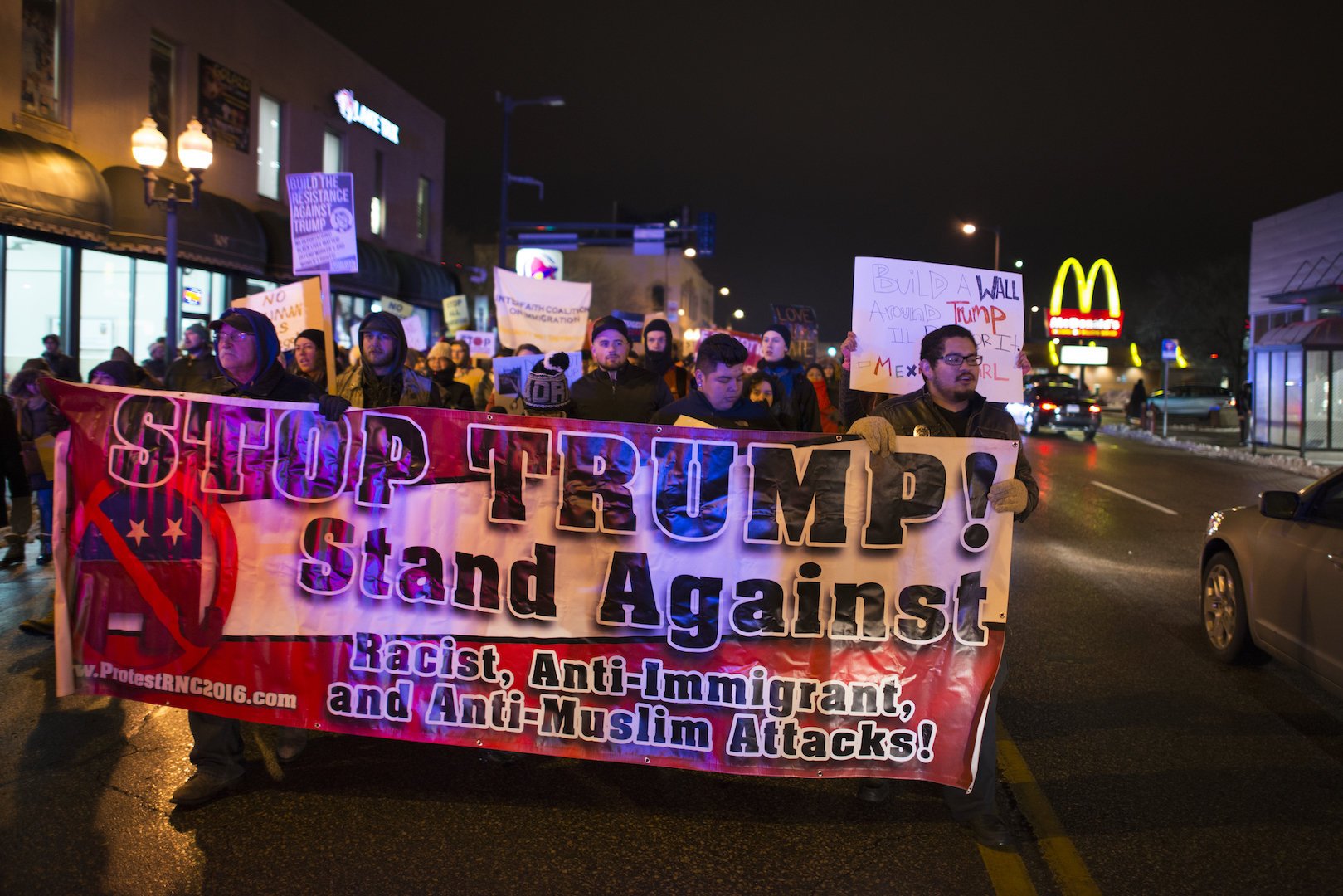by Clare Birchall, Reader in Contemporary Culture, Department of English
It’s not often, as a theorist, that I have the opportunity to watch my ideas come to life. When the King’s Digital Lab offered to fund a workshop to explore how its designers and engineers might help me to build a digital tool that can enact what I call ‘radical transparency’, I naturally jumped at the chance. In contrast to weak forms of transparency implemented by some public and private bodies that offer the public access to certain data in lieu of political commitment as well as responsibility without power, I envisage radical transparency as processes that would offer meaningful, political and contextualised information and data that promote experiences of political agency for digital users.
As well as the team at King’s Digital Lab, I wanted to draw together artists, computer scientists and other digital theorists to think through the ethical protocols as well as practical possibilities of any form radical transparency might take.

Continue reading Radical transparency: how to build political agency for digital users


